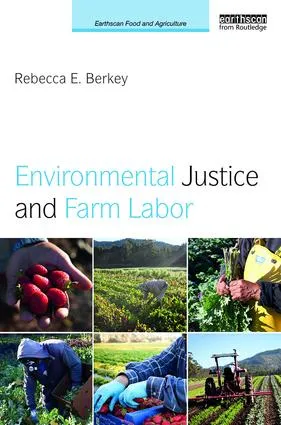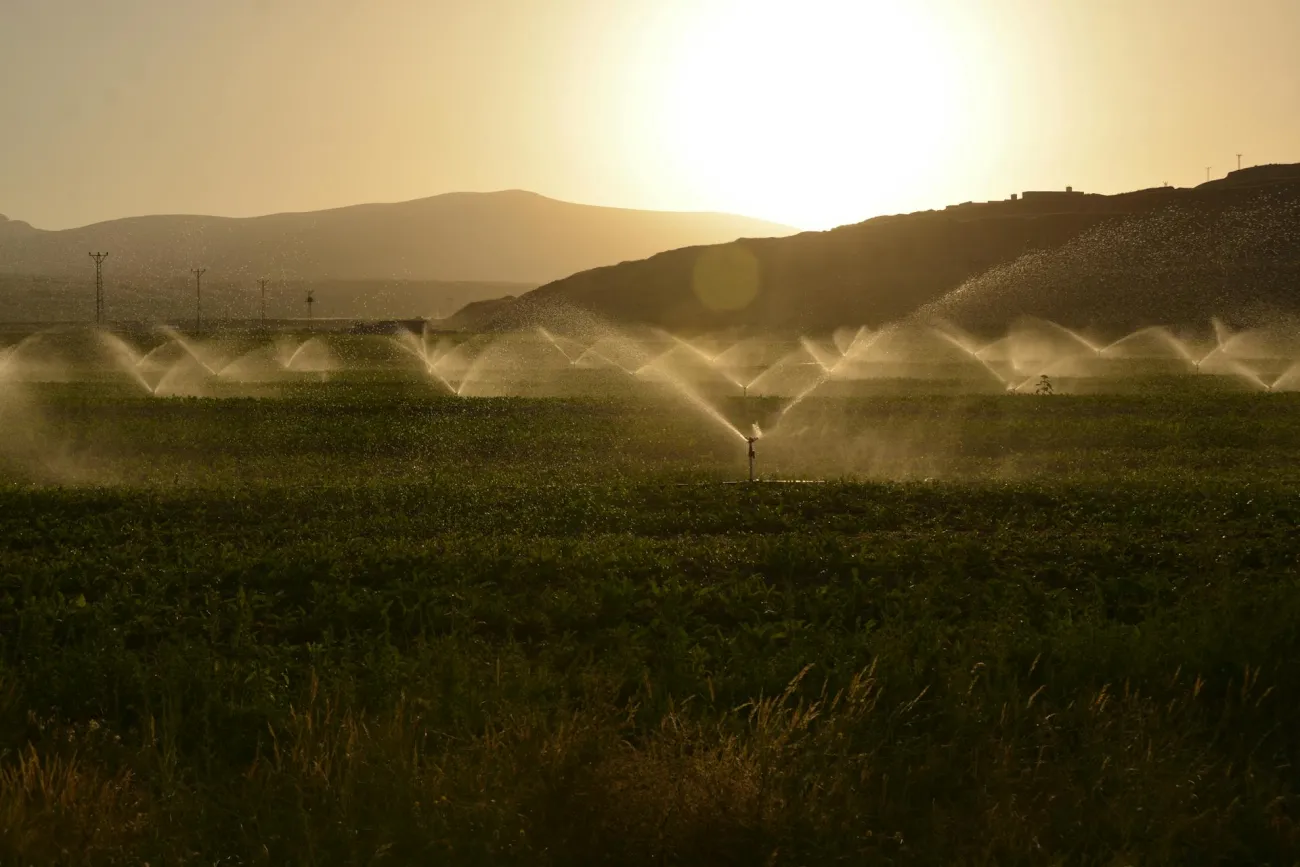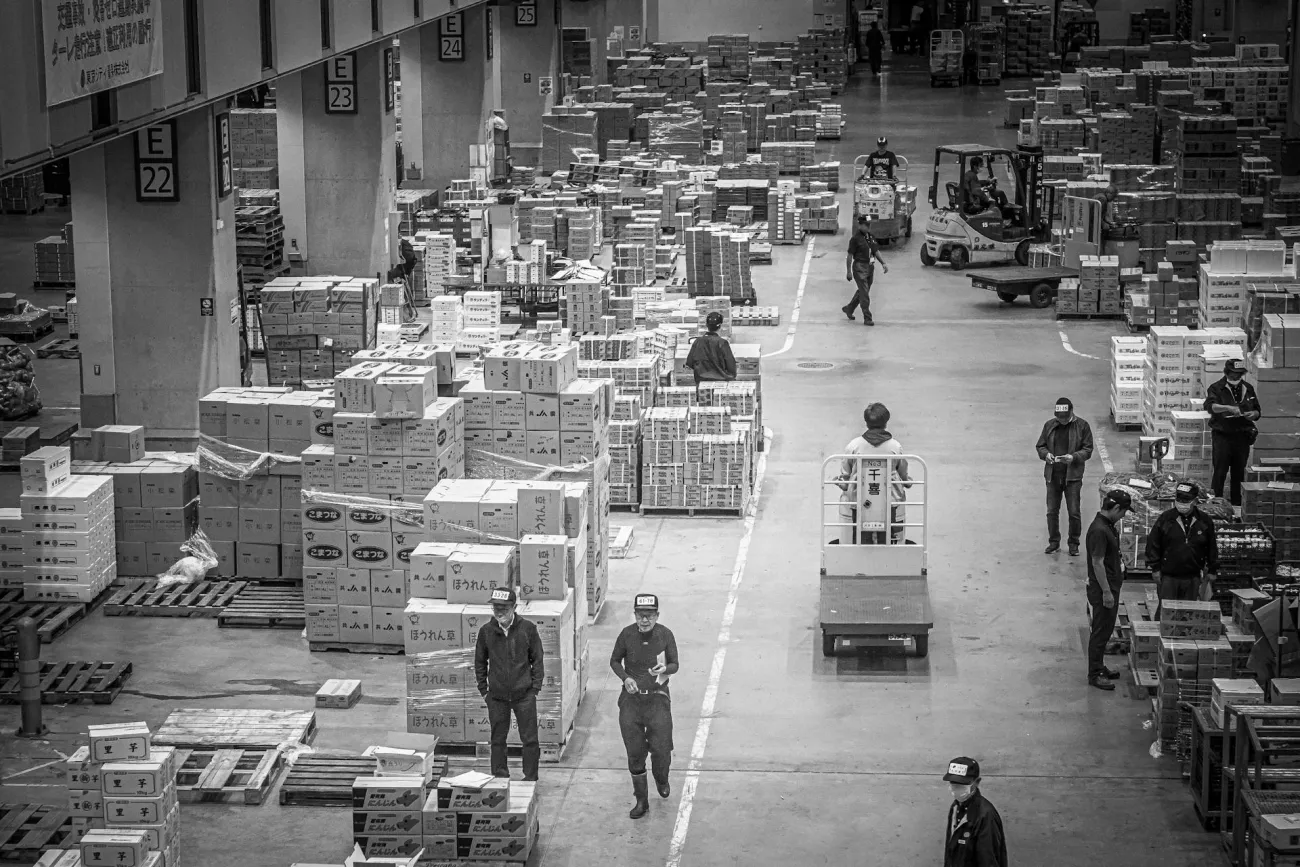Utilizing a model derived from literature on environmental justice overlaid with multiple scales of agriculture, Environmental Justice and Farm Labor provides key insights about laborers in agriculture in the United States. It addresses three main topics: (1) justice-related issues facing farmers and laborers on farms; (2) how history and policy have impacted them; and (3) the opportunities and leverage points for change in improving justice outcomes.

It explores who labors in US agriculture and the justice-related issues facing these workers, including occupational injury and illness, lack of access to healthcare, substandard housing, hunger, low wages, issues pertaining to immigration, and the inability to organize. In addition, it assesses the impacts of labor safety, immigration and international policy, and in particular the effects of organic and fair trade certification. Two detailed case studies, one based on conventional agriculture in Florida and the other on organic agriculture in the Northeast, highlight the interrelated but unique challenges facing those who labor in the different sectors of this complex agricultural system.
Finally, it touches on justice claims and the role of grassroots activism in improving justice outcomes by highlighting organizations operating at multiple scales to contribute to the livelihood of farmers and laborers in the different areas of agriculture.
Reference
Berkey, R.E. (2017) Environmental Justice and Farm Labor. Routledge, London and New York
For further details see here.




Comments (0)